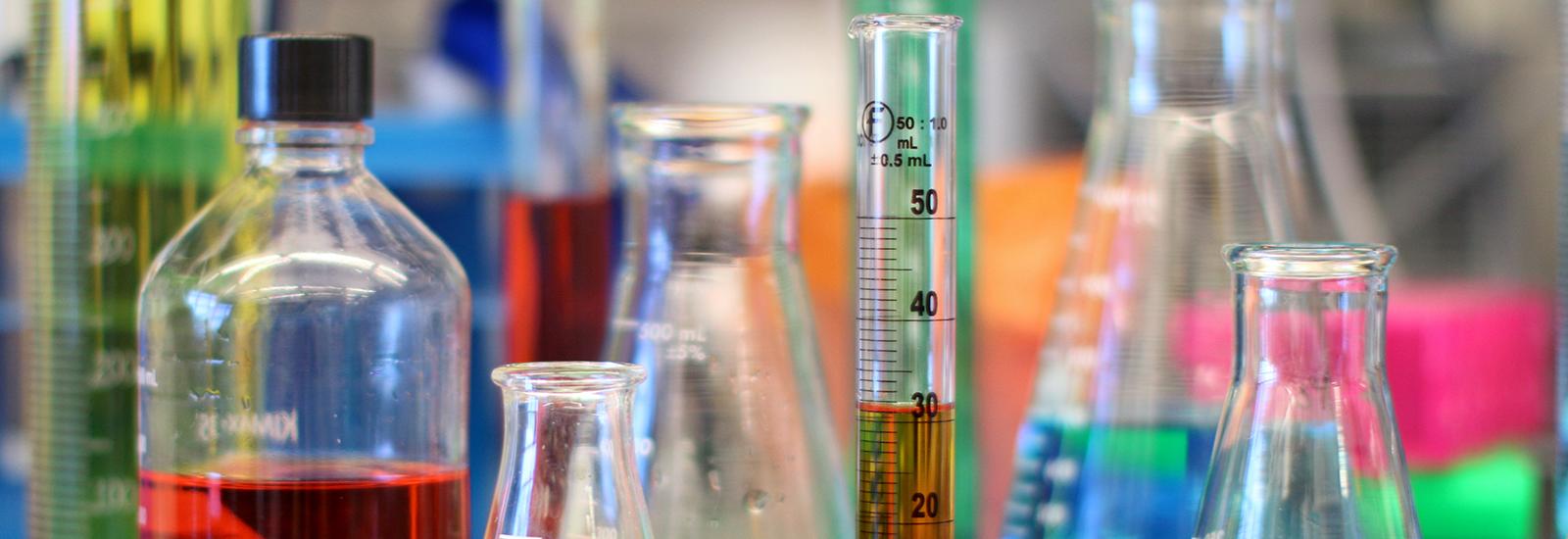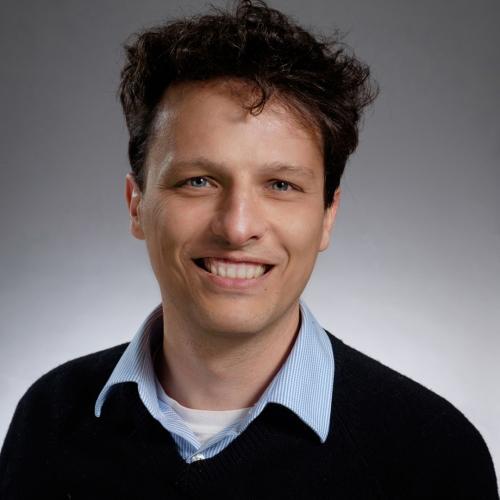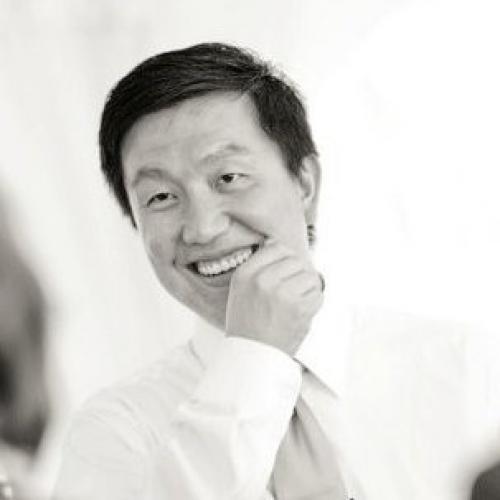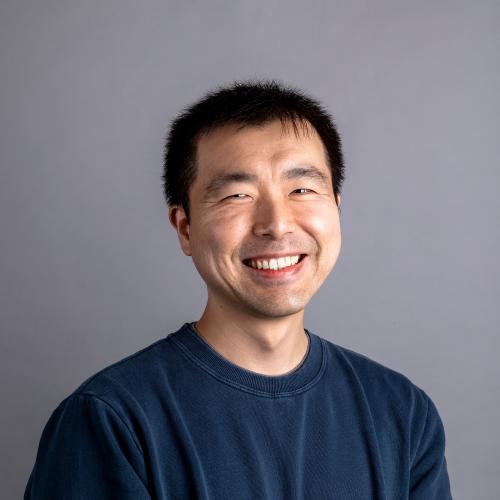Xiaolin Cheng, PhD
Professor
Dr. Cheng’s laboratory aims to develop an interdisciplinary research program centered on Computer Aided Drug Design and Discovery. Closely collaborating with experimental chemists and biologists, our group utilizes a myriad of computational modeling & simulation, and data analytics techniques to understand molecular basis of drug action and to rationally design new drug molecules. Our group also has long-standing interests in: a) developing and applying multiscale computational techniques to investigate the structure, dynamics and function of complex biomolecular (and cellular ) systems; and b) bridge large-scale molecular simulation with systems biology (cellular metabolism and signaling networks) towards a new drug discovery paradigm.






